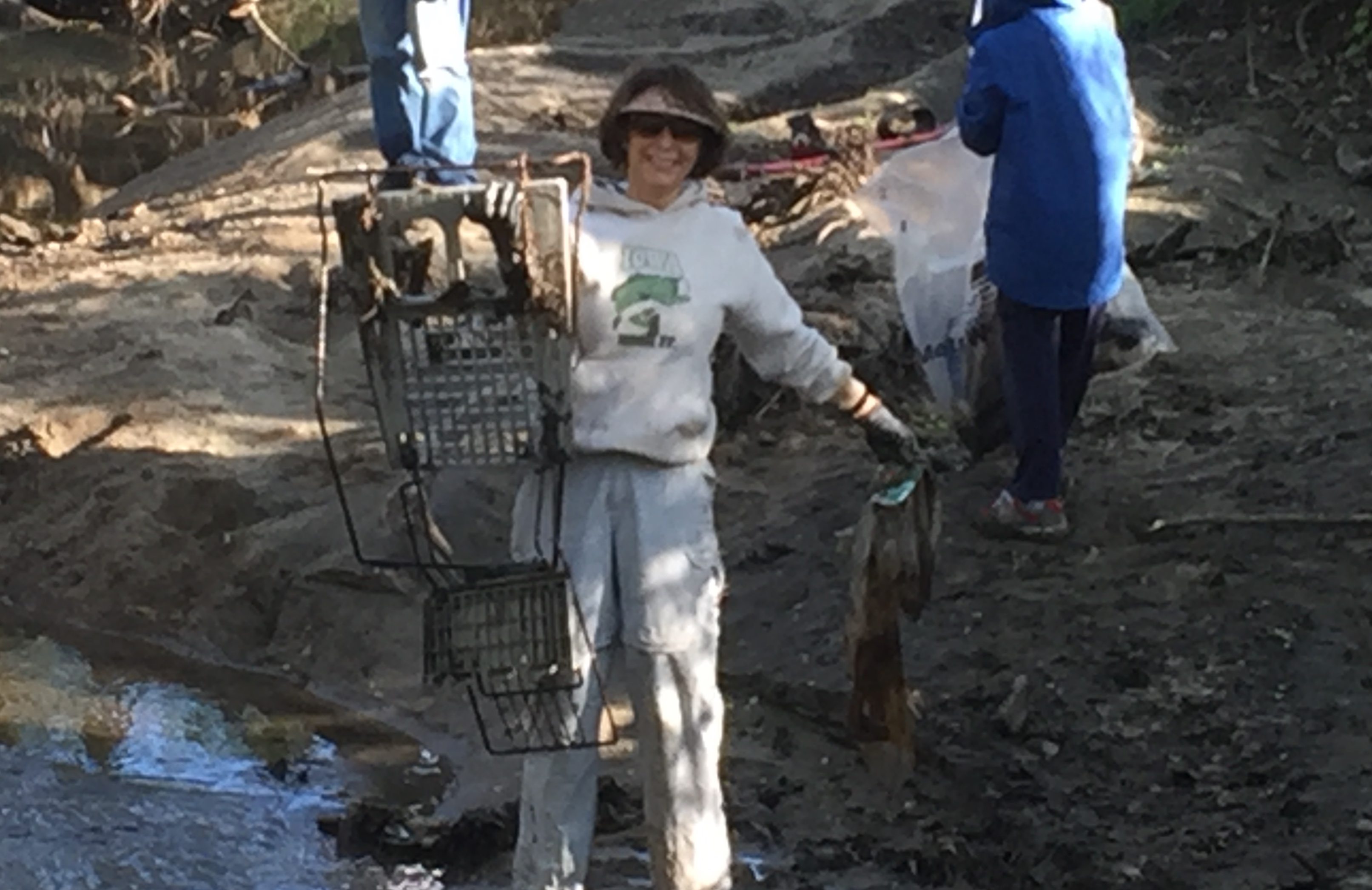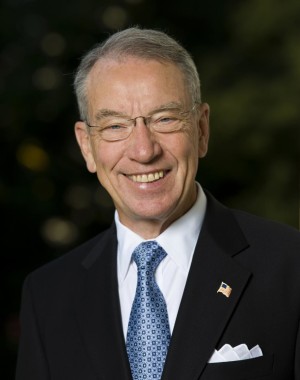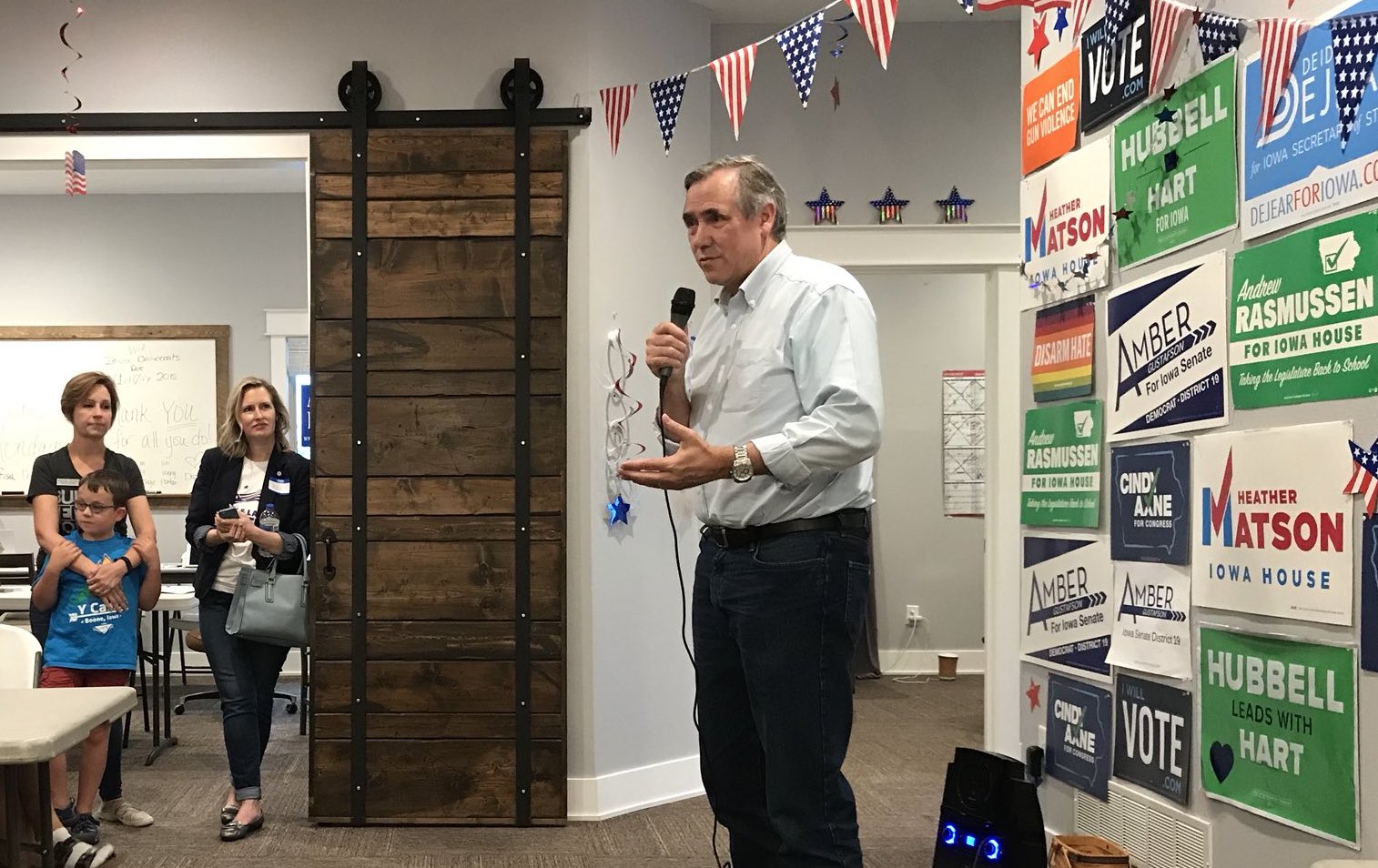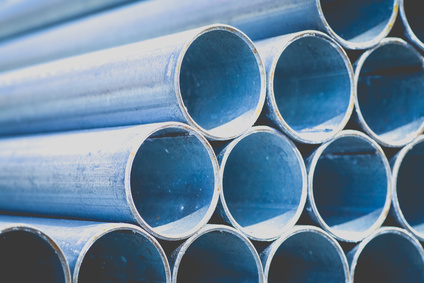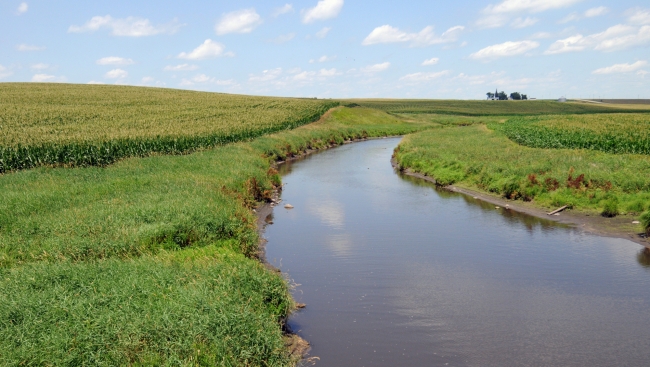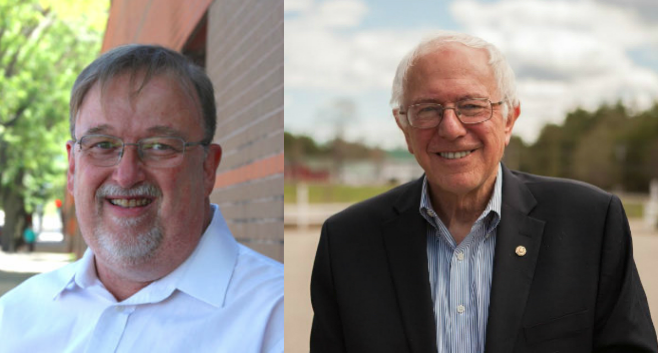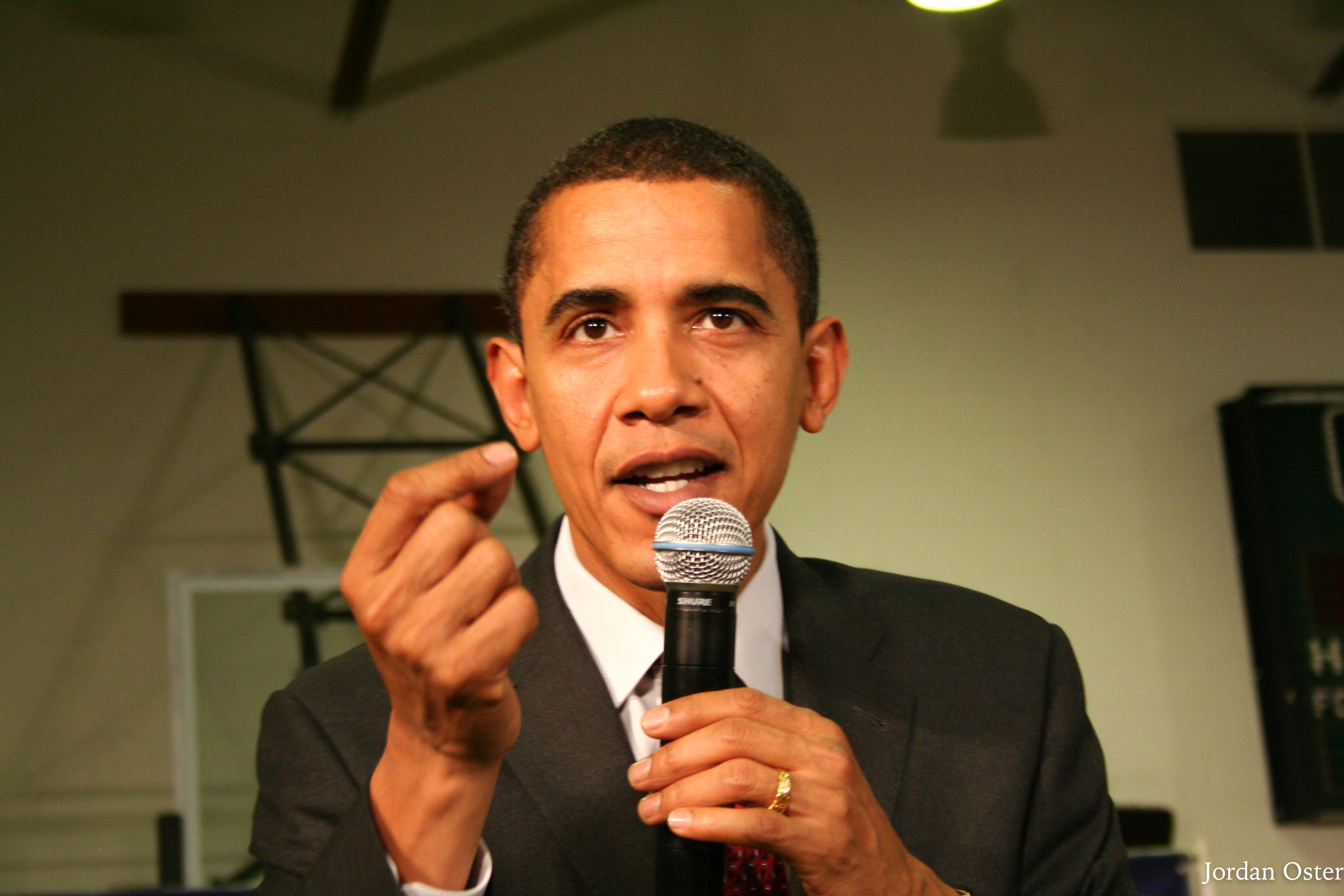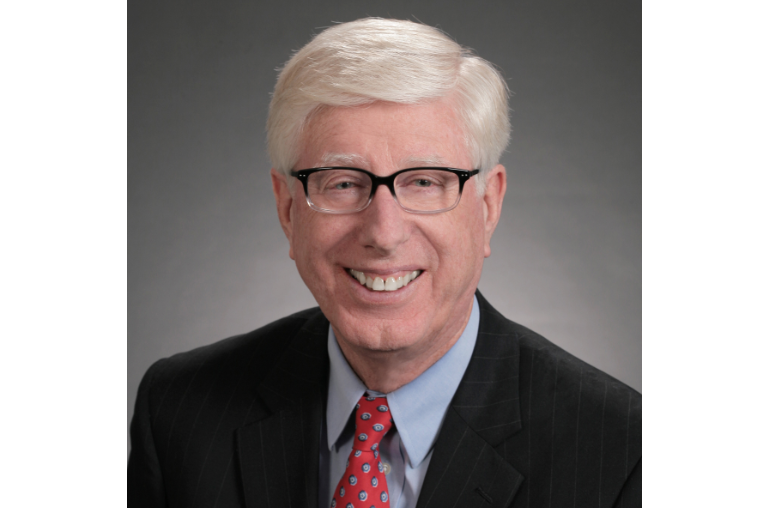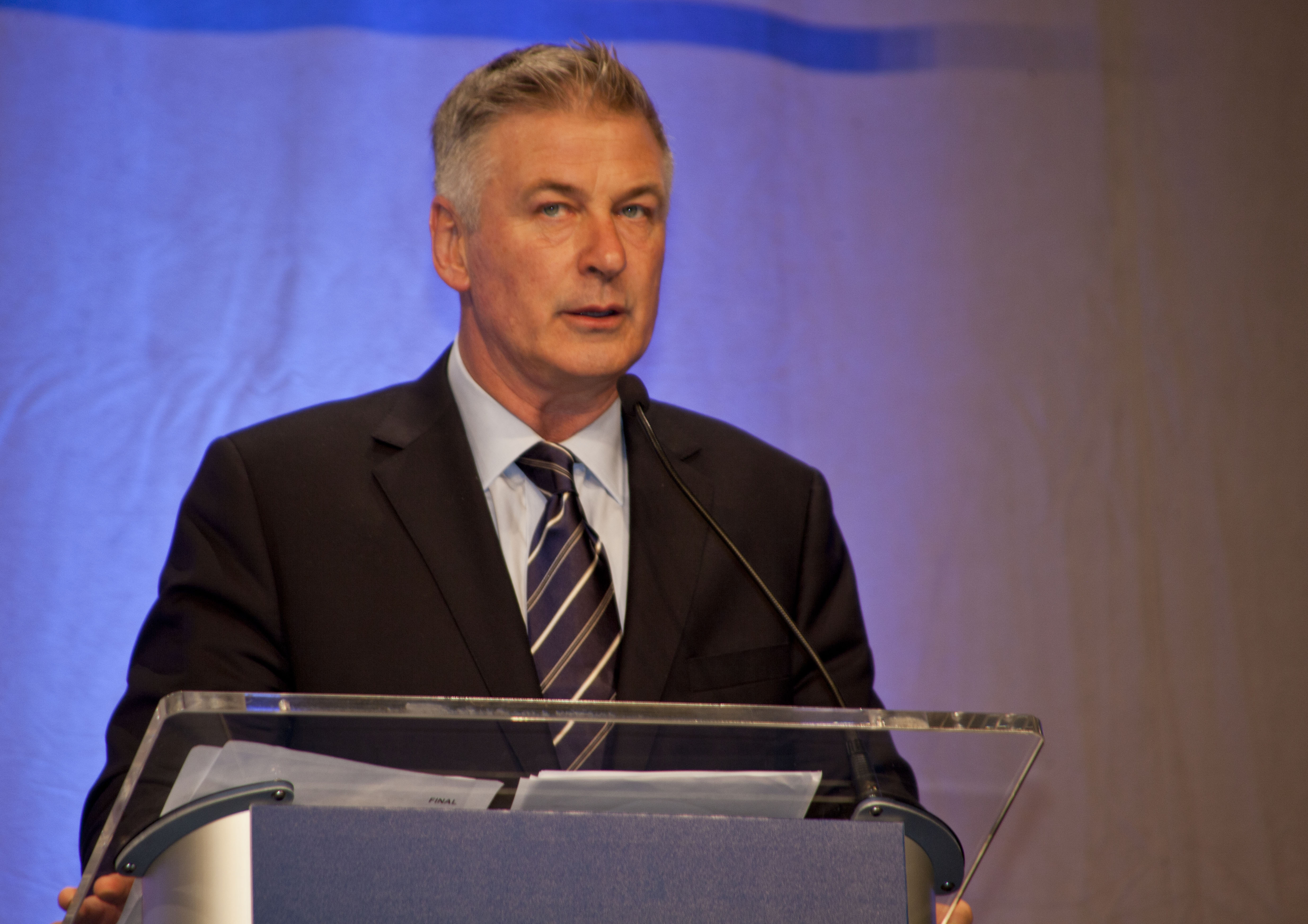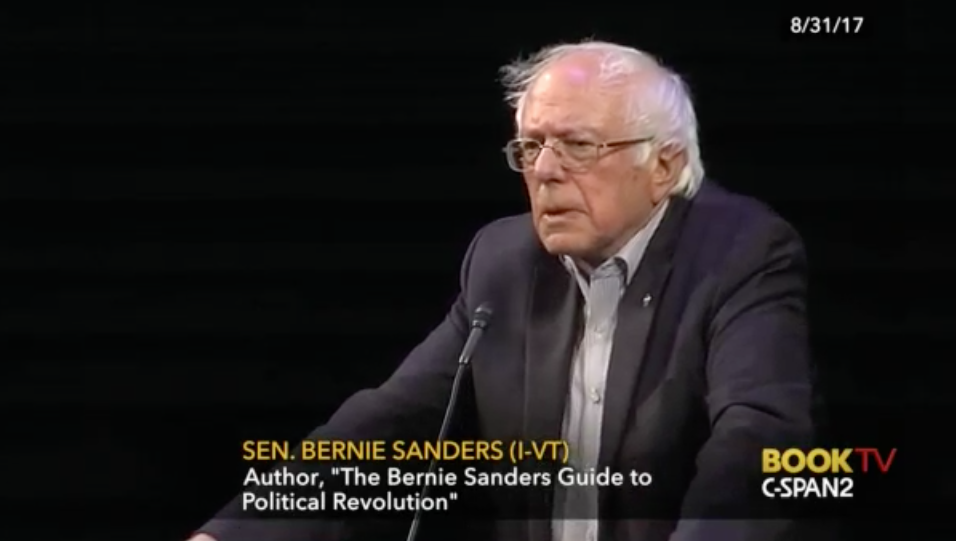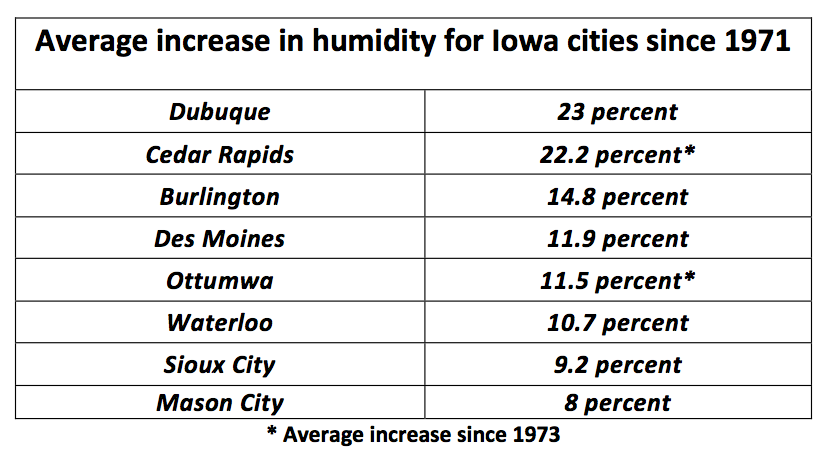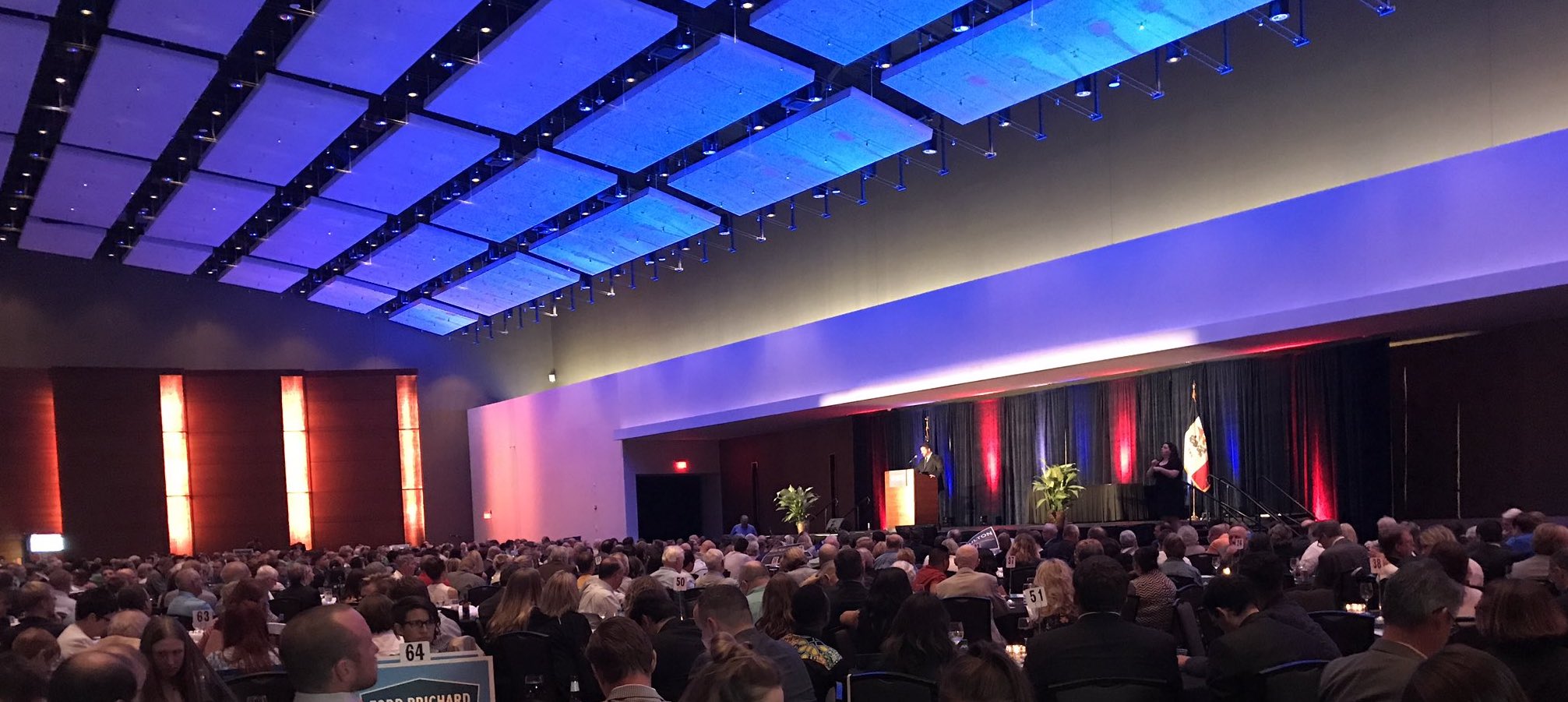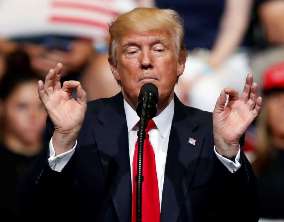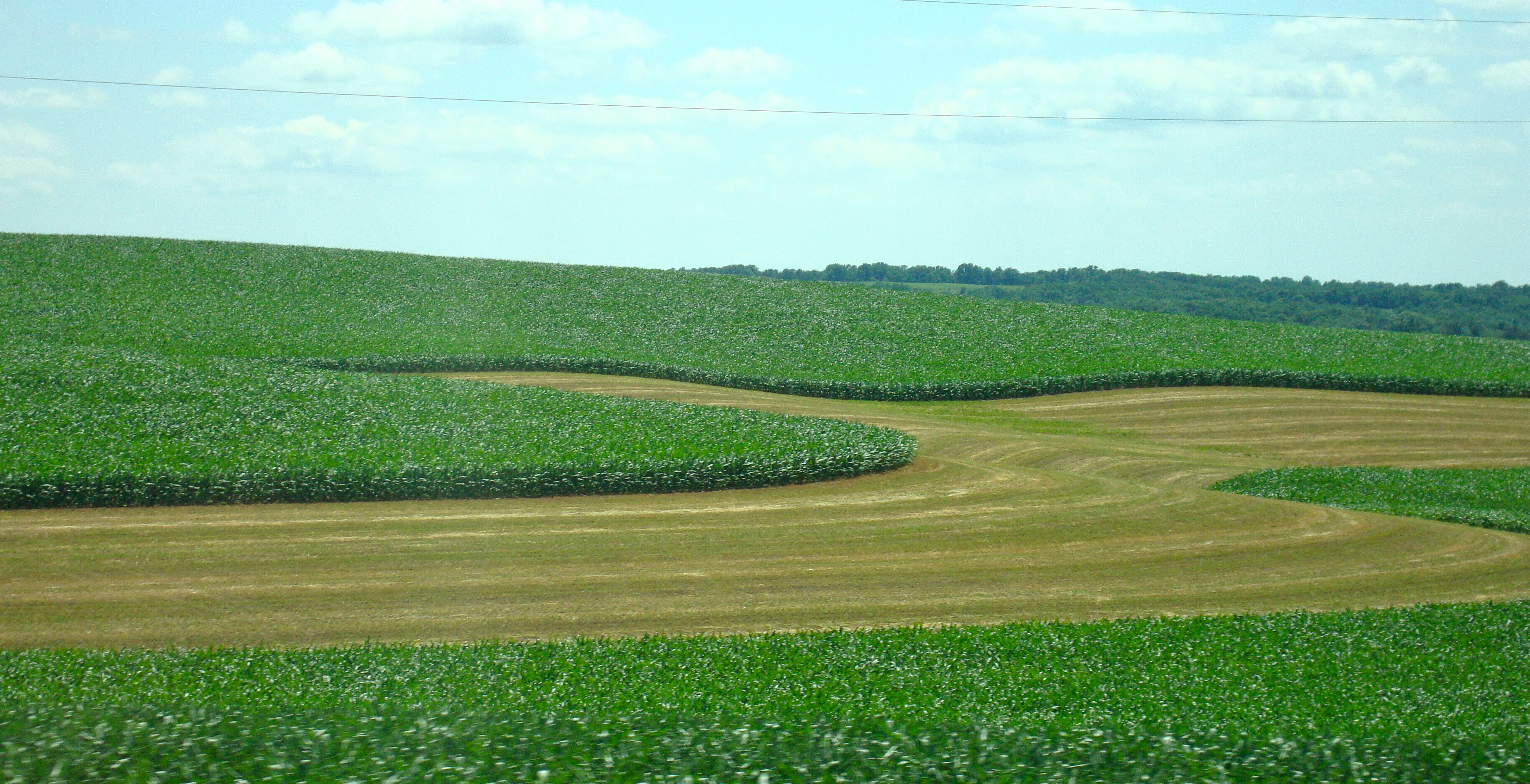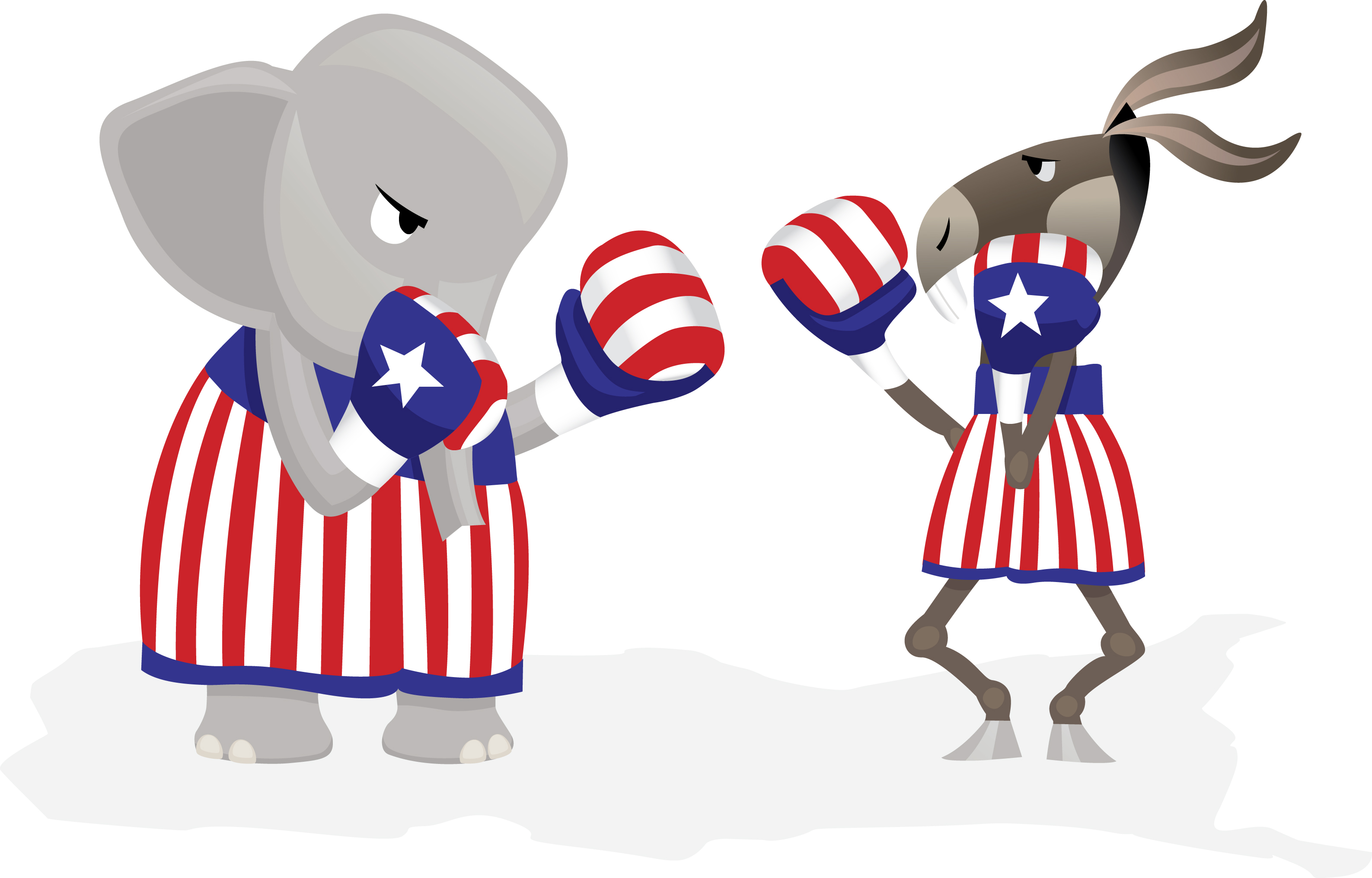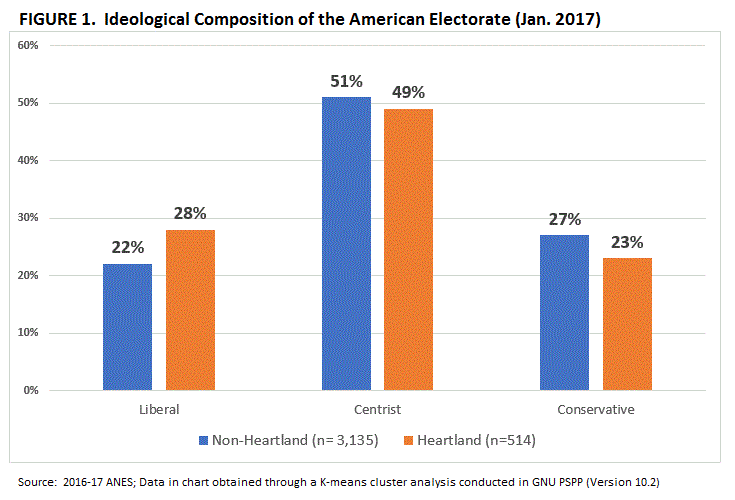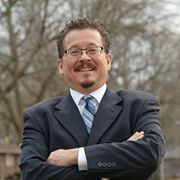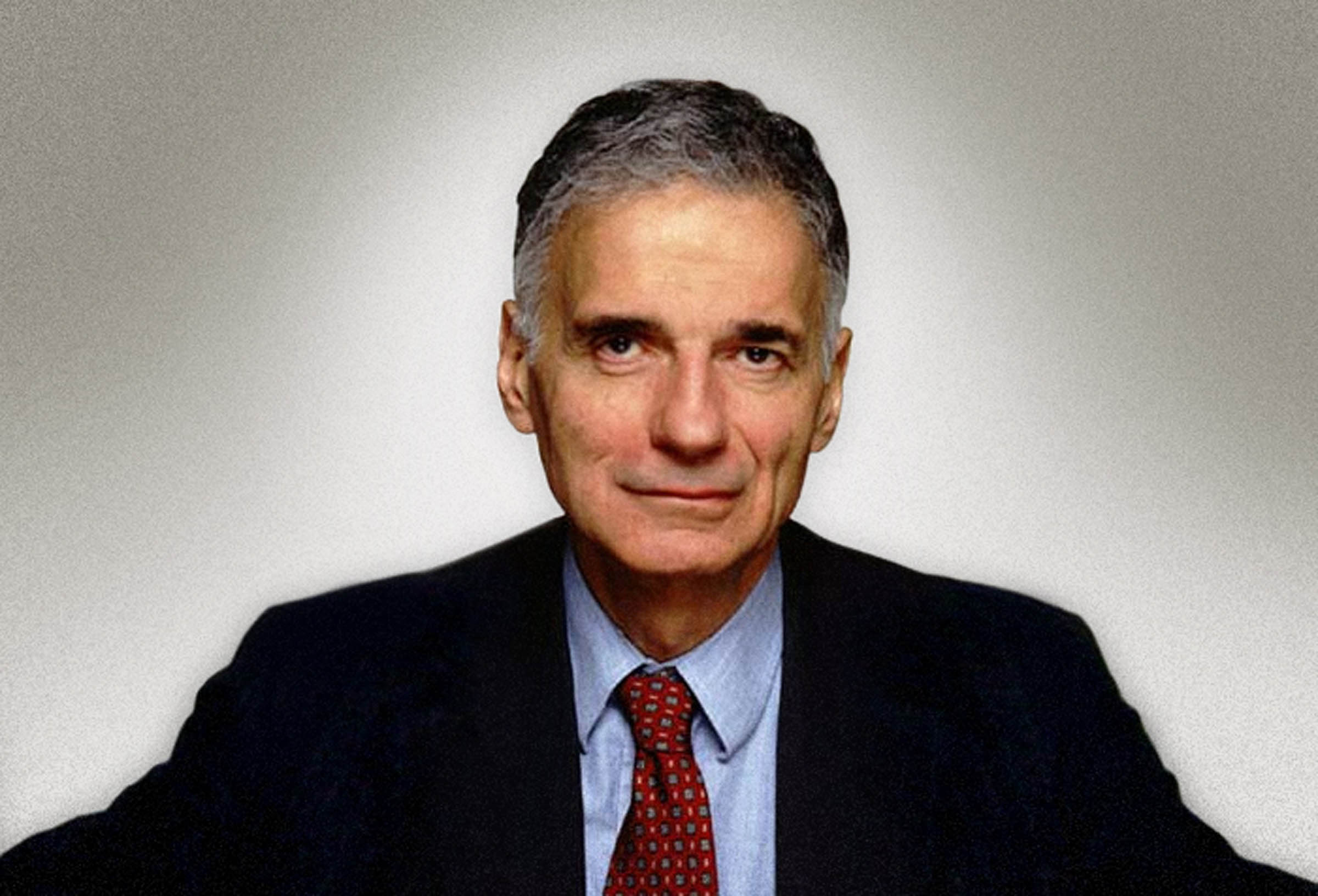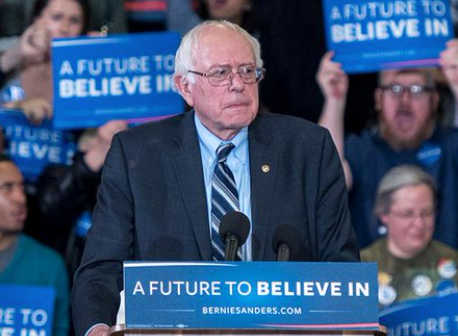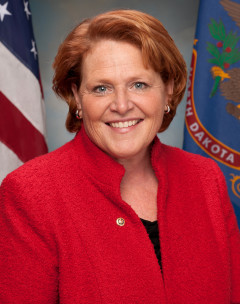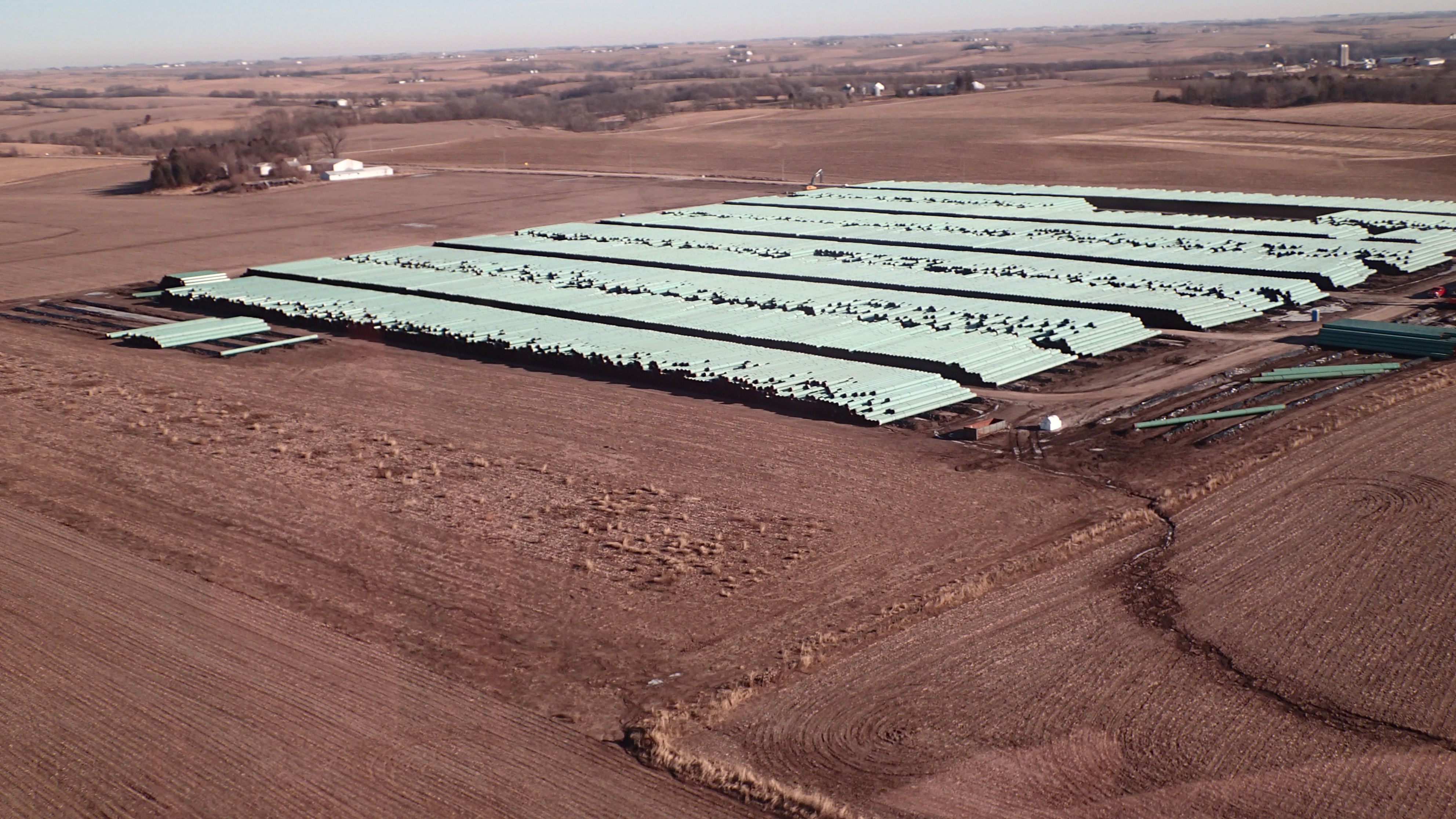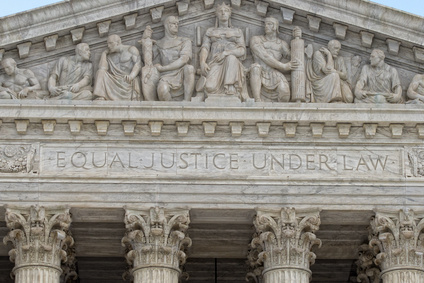U.S. Supreme Court Justice Antonin Scalia died in his sleep overnight while visiting west Texas, multiple local news sources reported this afternoon. Scalia was the longest-serving current member of the court, having been appointed by President Ronald Reagan in 1986.
I am seeking comment from U.S. Senator Chuck Grassley, who chairs the Senate Judiciary Committee, on whether Senate Republicans will consider a Supreme Court nomination by President Barack Obama, or whether they will decline to take up any nomination until after the presidential election. Last year the GOP-controlled Senate confirmed only eleven federal judges, “the fewest in a single year since 1960.” Some conservatives including Senator and presidential candidate Ted Cruz and Sean Davis, founder of The Federalist website, are already demanding that the Senate refuse to act on any Supreme Court nominees until a new president has been elected.
I will update this post as needed with Grassley’s comments and other Iowa reaction to Scalia’s passing.
UPDATE: Have not heard back from Grassley’s office, but a spokesperson for Senator Mike Lee of Utah, who also serves on the Judiciary Committee, says Scalia’s death “will put a full stop to all Obama judicial nominees going forward” and characterized as “less than zero” the chance of this president getting Scalia’s replacement on the bench.
SECOND UPDATE: Speaking by phone to the Des Moines Register’s Jason Noble, Grassley praised Scalia’s “legacy of scholarship” and said he would be “badly missed” as an interpreter of original intent, adding, “I wouldn’t make any prognostication on anything about the future because there’s so many balls in the air when those things are considered.”
THIRD UPDATE: Senate Majority Leader Mitch McConnell said in a statement, “this vacancy should not be filled until we have a new President.” Senate Minority Leader Harry Reid commented on Twitter, “Would be unprecedented in recent history for SCOTUS to go year with vacancy. And shameful abdication of our constitutional responsibility.”
FOURTH UPDATE: That was fast. In less than two hours, Grassley changed his tune, saying “it only makes sense that we defer to the American people” and let the next president appoint Scalia’s successor. That would mean leaving a Supreme Court seat vacant for more than a year. A statement from Reid’s office noted that since 1975, “the average number of days from nomination to final Senate vote is 67 days (2.2 months).”
Grassley also claimed “it’s been standard practice over the last 80 years to not confirm Supreme Court nominees during a presidential election year.” But he voted to confirm Justice Anthony Kennedy in early 1988. (President Reagan had nominated Kennedy in late 1987.)
FIFTH UPDATE: Added below statements from Grassley and Senator Joni Ernst and a few links on how this vacancy could affect cases currently pending before the high court. Many names have been floated as possible nominees; one that would be particularly awkward for Republicans is Sri Sinivasan. The Senate unanimously confirmed him to the D.C. Circuit Court of Appeals in 2013. He would be the first Asian-American to serve on the Supreme Court. Other possible candidates include Jane Kelly, “a career public defender from Iowa whose nomination for the federal bunch Grassley championed, leading to a unanimous confirmation in 2013.”
SIXTH UPDATE: For more background on Judge Kelly, see Ryan Foley’s report for the Associated Press at the time of her confirmation. Bleeding Heartland’s post on that unanimous Senate vote included Grassley’s floor speech enthusiastically supporting her.
Tom Goldstein argues that 9th Circuit Court Judge Paul Watford is Obama’s most likely pick for the high court this year.
Continue Reading...

